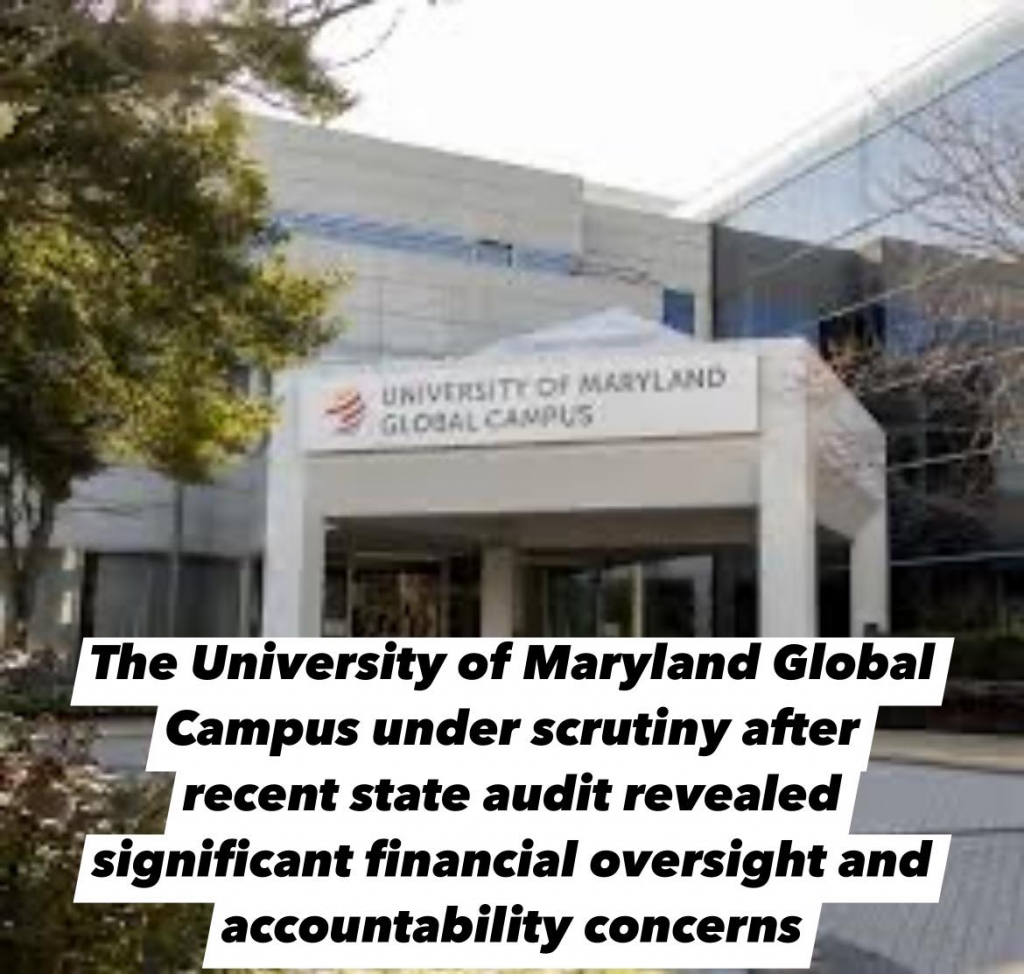The audit highlighted several areas of concern, including the university’s handling of information technology units, managing a $500 million advertising contract, and tracking student residency status.
One major issue raised in the audit was the lack of oversight in the university’s decision to spin off its information technology units into independent businesses, which were then supported with $198.1 million in sole-source contracts. This lack of oversight may have contributed to the failure of a $25.1 million IT project with no results.
The audit also criticized UMGC’s management of a $500 million advertising contract, noting that enrollment at the university continued to decline despite the significant investment in advertising and publicity.
Additionally, the audit raised concerns about the university’s tracking of student residency status, revealing that a significant portion of residency statuses were not independently reviewed and approved.
In response to the audit, UMGC officials disagreed with some of the charges. They highlighted the university’s adherence to policies allowing it to contract with high-impact Economic Development Activities (HIEDA) businesses without competitive bidding. However, the audit argued that while state law permits this practice, it does not mandate the exclusive use of these entities.
UMGC President Gregory W. Fowler stated that several audit recommendations had been accepted and that the university was taking steps to address the report’s findings.
Following the audit, Sen. Clarence K. Lam indicated the intention to invite UMGC officials before the committee to address the concerns raised in the report.
- Follow or share

